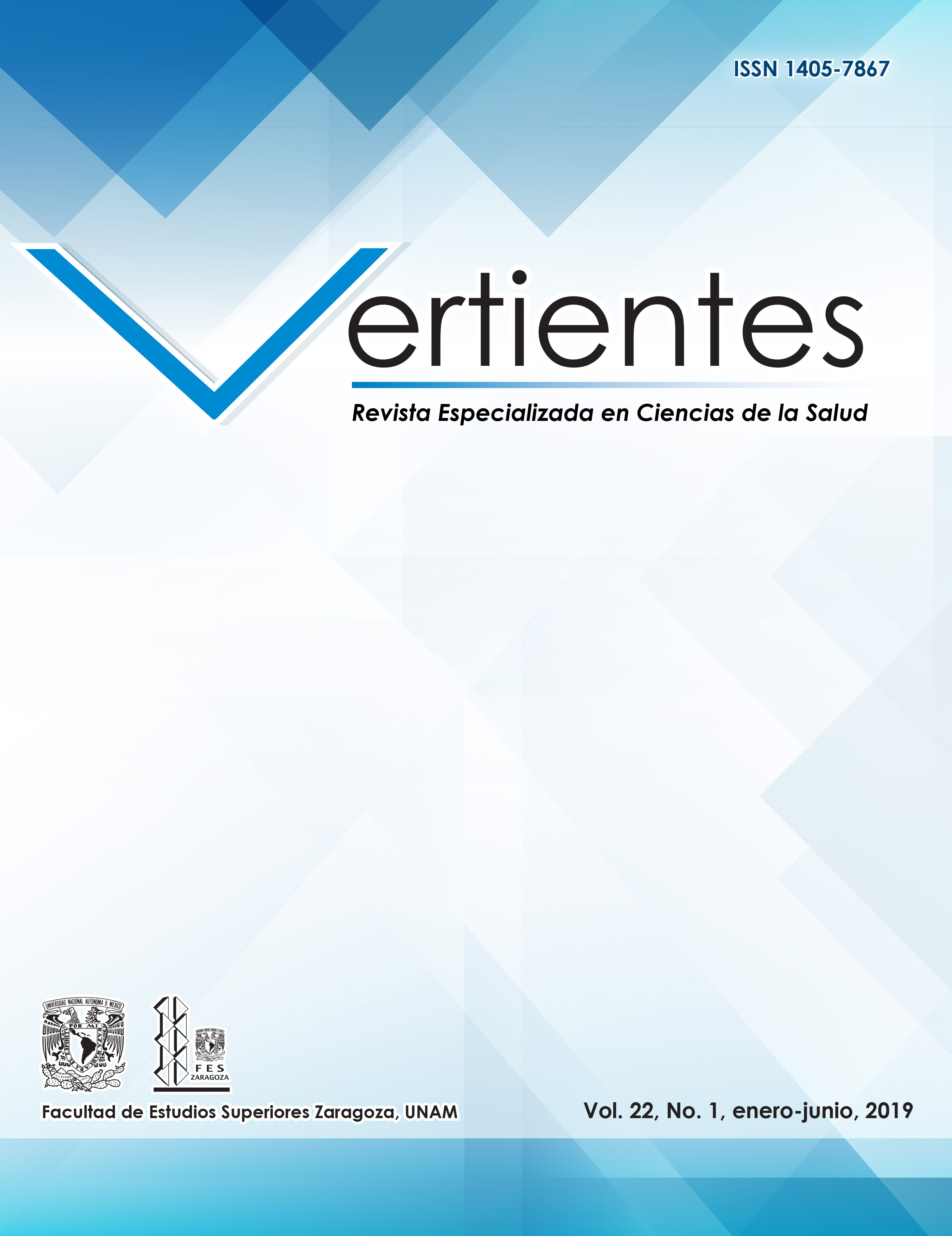Emotional comorbidity, quality of life and coping with shock in patients with implantable cardioverter defibrillator
Main Article Content
Abstract
Objective. Determining the emotional comorbidity (anxiety, depression), the coping strategies to ICD shock most commonly used by these patients, and its impact on the patient’s quality of life and health with an ICD. Methods. Psychological evaluation was performed by the HADS, the CHIP and the HRQLQ. A cross-sectional descriptive study was carried out. Results. 20 ICD patients receiving care at the Hospital of Cardiology UMAE XXI CNMC IMSS were evaluated, with a mean age of 57 years old, 75% male and 25% female. 45% reported anxiety and 55% depression. Conclusion. The psychological characteristics reported in this study suggest the creation of specific for evaluation and intervention programs for these patients treated by specialized psychologists in the field of behavioral cardiology.
Article Details
How to Cite
Figueroa-López, C. G., Talavera-Peña, A. K., Cigarroa-López, J., & Ramos-del Río, B. (2019). Emotional comorbidity, quality of life and coping with shock in patients with implantable cardioverter defibrillator. Vertientes. Revista Especializada En Ciencias De La Salud, 22(1), 5–11. Retrieved from https://journals.unam.mx/index.php/vertientes/article/view/72574
Citas en Dimensions Service

Vertientes by Universidad Nacional Autónoma de México is licensed under a Creative Commons Reconocimiento-NoComercial-SinObraDerivada 4.0 Internacional License.
Creado a partir de la obra en http://www.zaragoza.unam.mx.

